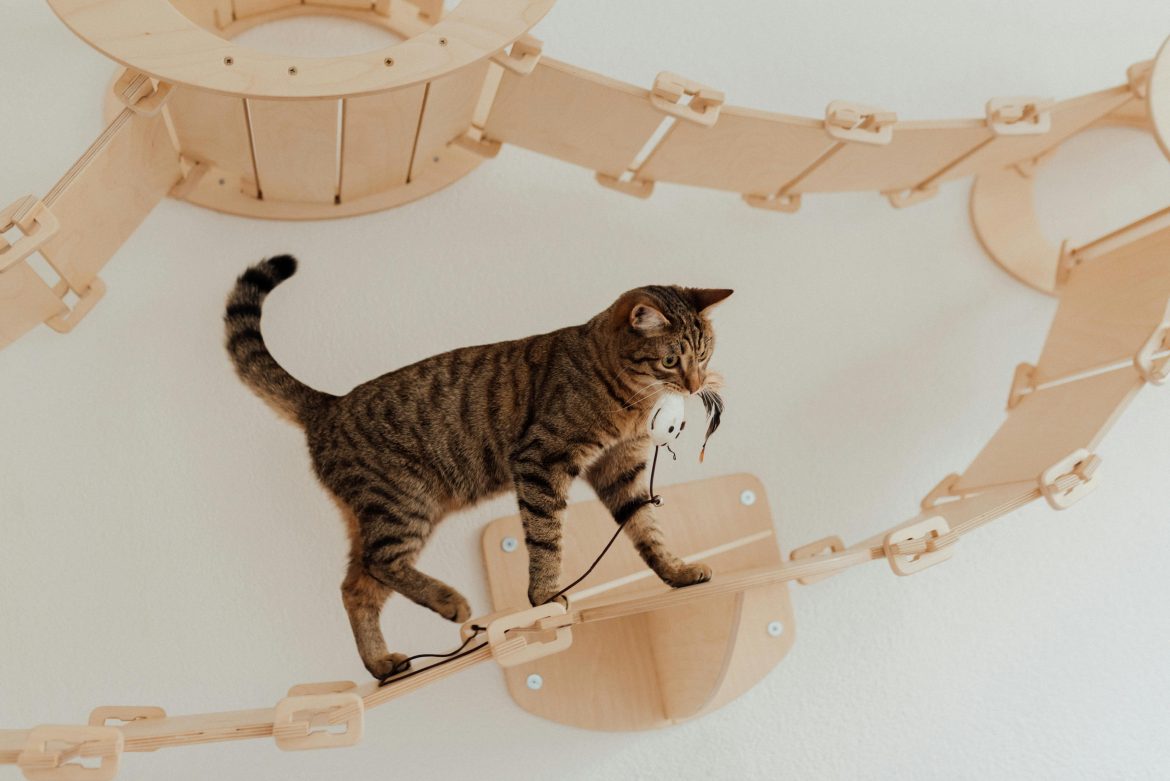If you’ve ever found a dead bird, mouse, or insect on your doorstep—and you share your home with a cat—you’ve probably already guessed the culprit. While it may seem unpleasant, confusing, or even a little disturbing, this behaviour is completely natural for felines. But why exactly do cats bring dead animals home?
Let’s explore the instinctual and behavioural reasons behind this strange (and sometimes unwanted) “gift-giving.”
1. Hunting is in their blood
Regardless of how pampered or well-fed your cat is, hunting is hardwired into their DNA. Domestic cats are descendants of wild hunters and still retain those instincts today. Even if they don’t need to hunt for food, the drive to stalk, catch, and kill prey is strong—and very much alive.
When your cat brings home a dead animal, it’s not necessarily because they’re hungry. It’s because the behaviour itself is satisfying and natural to them.
2. Your cat might be trying to teach you
In the wild, mother cats teach their kittens to hunt by bringing them dead or injured prey. Domestic cats sometimes extend this instinctual behaviour to their human companions. If your cat sees you as part of their “family,” they might assume you need a lesson in survival skills.
So yes—your cat might think you’re a terrible hunter and they’re just trying to help.
3. Home is the safest place
Cats often prefer to eat or store their prey in a safe, familiar environment. Your home (or even your doorstep) is seen as secure territory. A cat might carry their catch back to your home simply because they feel safest there and want to enjoy the reward in peace.
4. They’re sharing with the family
Cats in colonies sometimes share food with close kin. In domestic settings, you’re part of your cat’s social group. Bringing you a dead animal might be their way of contributing to the “family pantry.”
As strange as it sounds, it could be a sign of affection and inclusion.
5. Sometimes it’s not even dead
Cats don’t always bring home dead animals—sometimes, they bring back live ones. This can be even more alarming, especially if a panicked bird or mouse is suddenly loose in your kitchen. The goal may be the same: to show off their hunting prowess or to provide you with a training opportunity.
How to gently discourage the behaviour
While this behaviour is natural, it’s not always desirable. Here are a few ways to reduce the likelihood of your cat bringing home prey:
-
Keep your cat indoors, especially at dawn and dusk when prey animals are most active.
-
Use interactive toys that simulate hunting to satisfy their instincts in a safe, indoor environment.
-
Add a bell to their collar, which can reduce their hunting success by warning potential prey.
-
Feed your cat regularly so they aren’t motivated by hunger (though remember—hunting is usually about instinct, not food).
As unpleasant as it may be to find a lifeless creature on your doormat, try to see it through your cat’s eyes. They’re not trying to upset you—in fact, they might be trying to help or impress you. Understanding this behaviour as an extension of their natural instincts can help you respond with empathy (even if you still need gloves and a bin bag).
ALSO SEE:
Feature Image: Pexels

